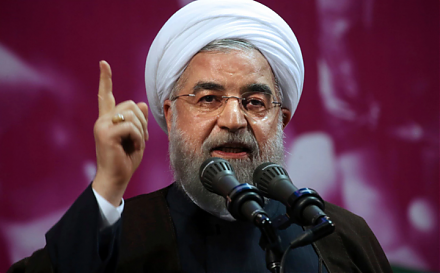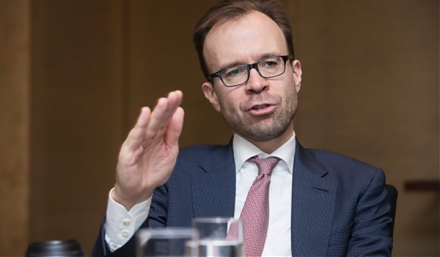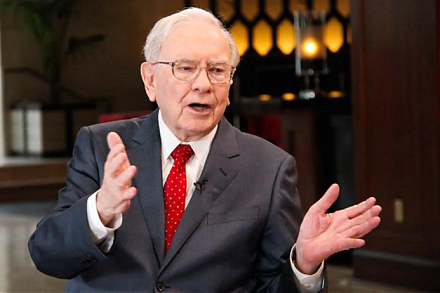

2019-05-02 13:30:00 Thu ET
trust perseverance resilience empathy compassion passion purpose vision mission life metaphors seamless integration critical success factors personal finance entrepreneur inspiration grit
Netflix has an unsustainable business model in the meantime. Netflix maintains a small premium membership fee of $9-$14 per month for its unique collection of TV shows, programs, and movies etc, whereas, HBO charges $15 per month. With its original video content, Netflix earns a mere net profit of 28 cents per subscriber (in comparison to $3.65 for HBO) due to high programming costs and low subscription prices. As Netflix expands into international video markets, these margins cannot be feasible in the long run.
Netflix relies on vertical integration to curate more original video content with lower programming costs. As the average Netflix subscriber streams video for about 2 hours per day, this integration empowers Netflix to charge higher premiums. Netflix can run ads on the broad network of almost 150 million subscribers worldwide (60 million U.S. subscribers) as of early-2019. Ad executive heads from YouTube and JPMC to external media agencies such as UM and MediaLink view running ads as an inevitable fresh fallback route for Netflix. With $15 billion annual costs and $10 billion debt mountains, Netflix needs to find feasible ways to monetize its user base. As NYU business valuation professor Aswath Damodaran suggests, Netflix now has an unsustainable business model.
If any of our AYA Analytica financial health memos (FHM), blog posts, ebooks, newsletters, and notifications etc, or any other form of online content curation, involves potential copyright concerns, please feel free to contact us at service@ayafintech.network so that we can remove relevant content in response to any such request within a reasonable time frame.
2017-04-19 17:37:00 Wednesday ET

Apple is now the world's biggest dividend payer with its $13 billion dividend payout and surpasses ExxonMobil's dividend payout record. Despite the
2018-08-09 16:36:00 Thursday ET

President Trump applies an increasingly bellicose stance toward the Iranian leader Hassan Rouhani as he rejects a global agreement to curb Iran's nuclea
2018-07-19 18:38:00 Thursday ET

Goldman Sachs chief economist Jan Hatzius proposes designing a new Financial Conditions Index (FCI) to be a weighted-average of interest rates, exchange rat
2022-05-25 09:31:00 Wednesday ET

Net stock issuance theory and practice Net equity issuance can be in the form of initial public offering (IPO) or seasoned equity offering (SEO). This l
2017-12-17 11:41:00 Sunday ET

Warren Buffett points out that it is important to invest in oneself. Learning about oneself empowers him or her to lead a meaningful life. This valuable inv
2018-04-26 07:37:00 Thursday ET

Credit supply growth drives business cycle fluctuations and often sows the seeds of their own subsequent destruction. The global financial crisis from 2008